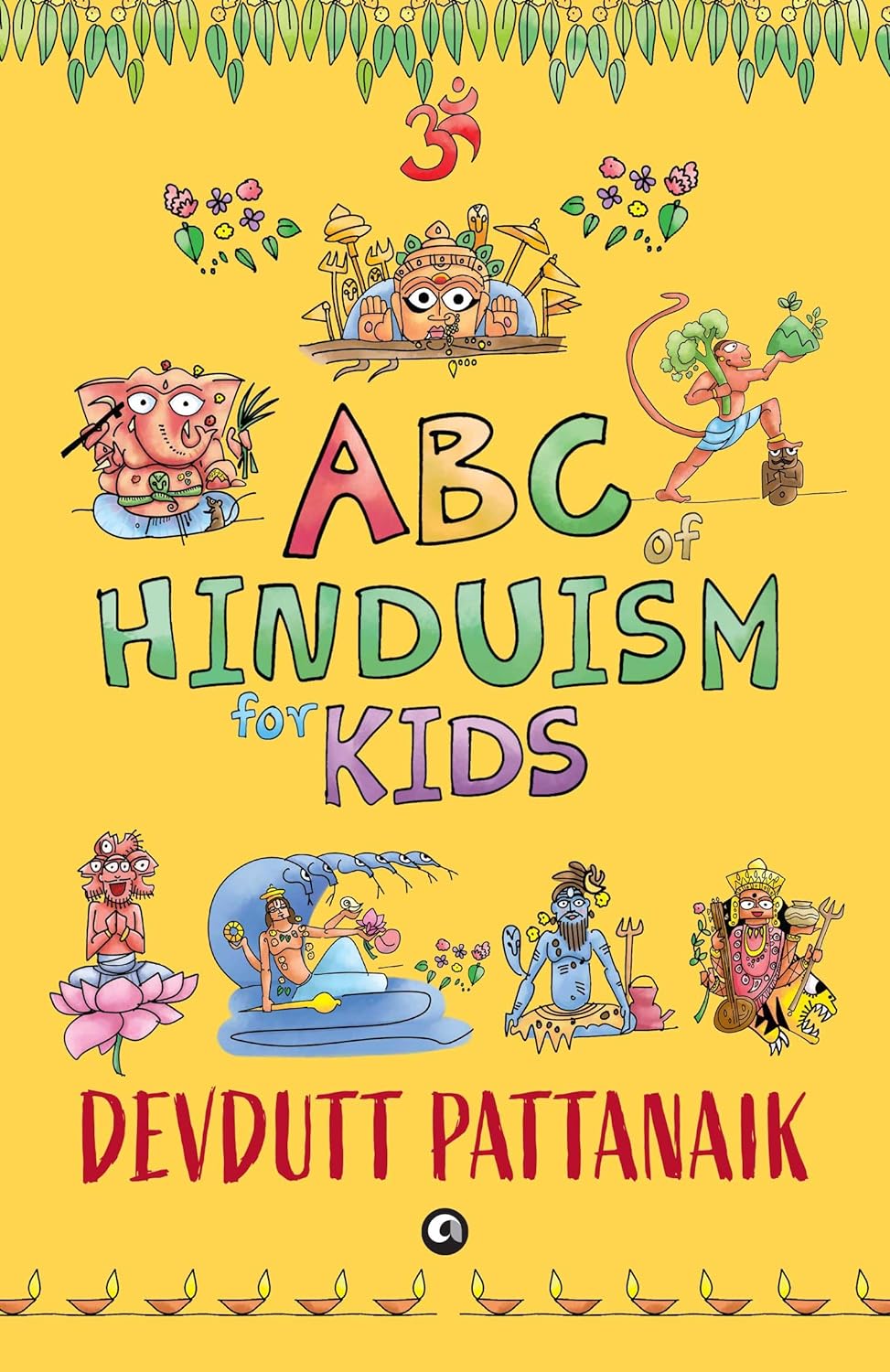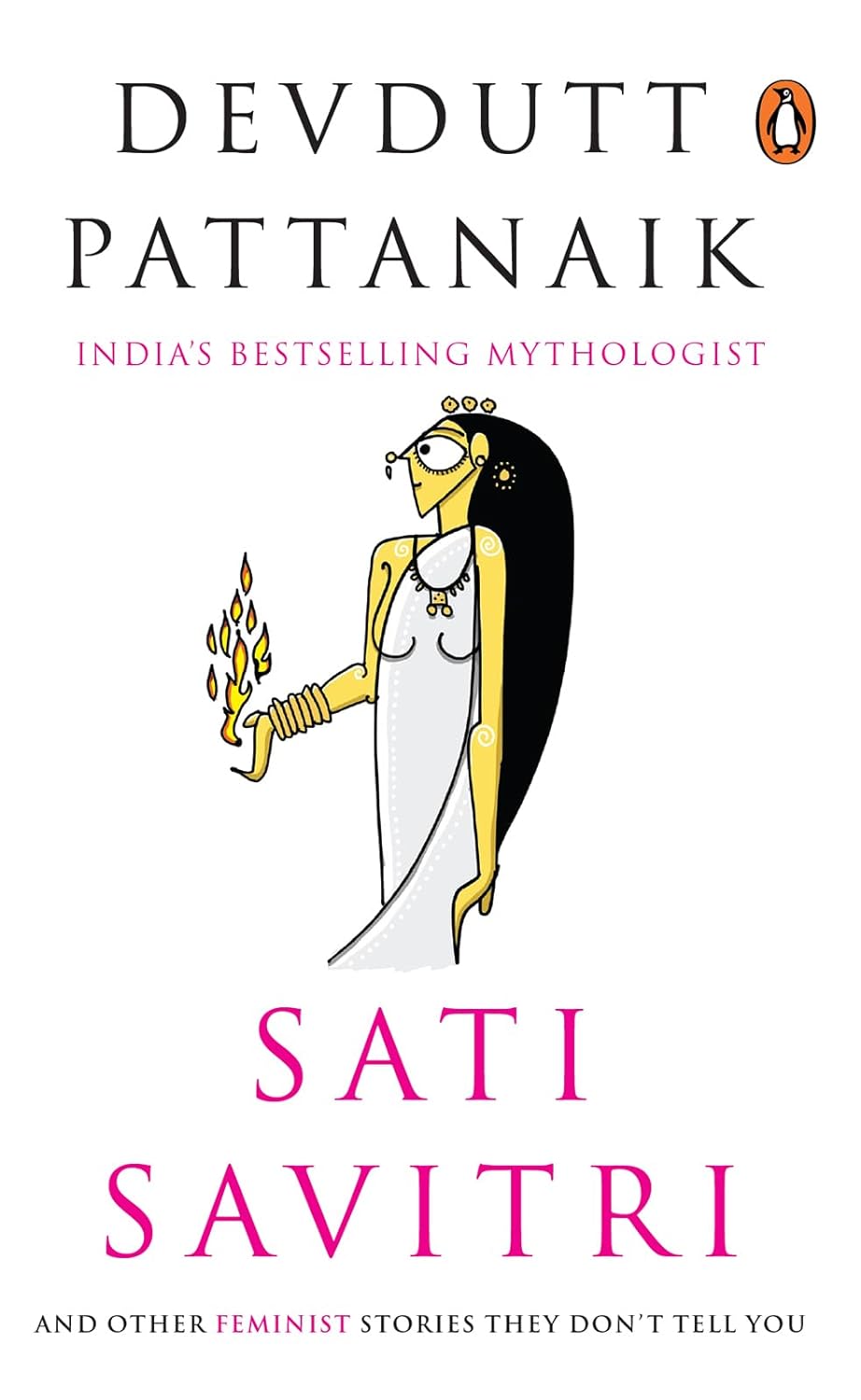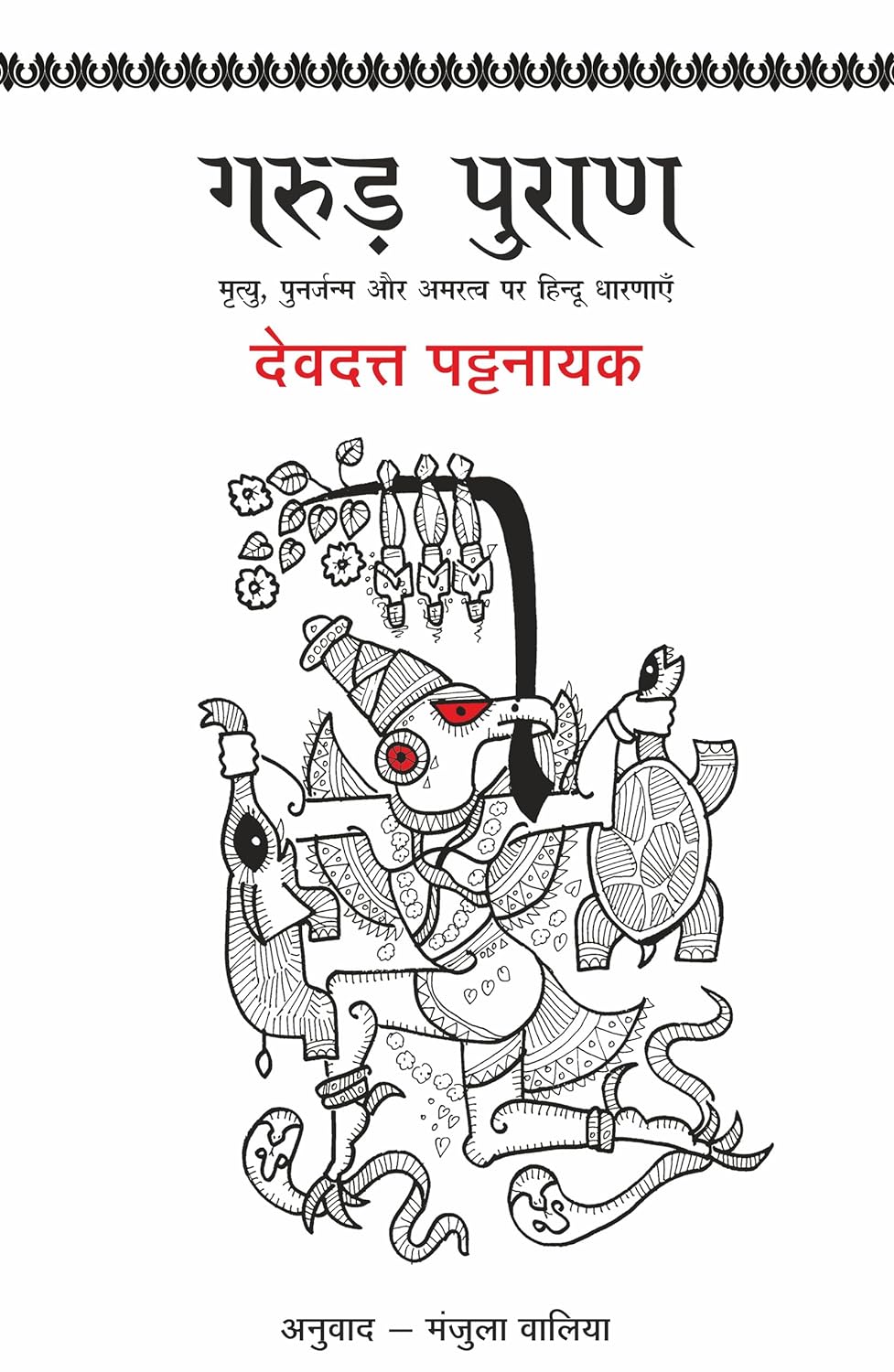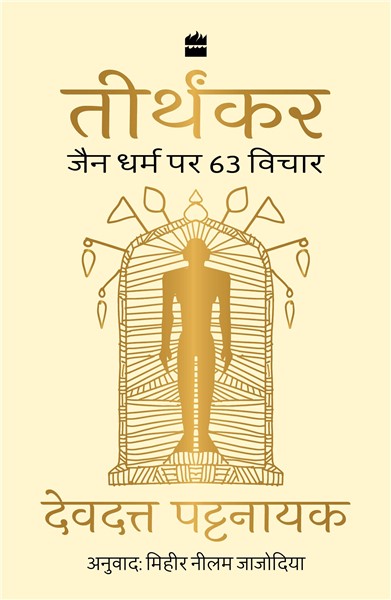Published in First City, October 2010.
Ramayana speaks of two brothers, Vibhishana and Kumbhakarna. Vibhishana refuses to support his elder brother Ravana who abducts the wife of Ram. Kumbhakarna, however, stands by his brother, even though he does not agree with Ravana’s actions. Vibhishana is a disloyal defector while Kumbhakarna is a loyal brother. The scriptures celebrate Vibhishana. While every year, during festivals, the effigy of Kumbhakarna is burnt alongside his brother.
In the Mahabharata, Karna owes his meteoric rise in station, from charioteer to warlord and king, to Duryodhana, who refuses to return the land of the Pandavas. Karna stays loyal to Duyodhana till the very end, refusing the most tempting bribes offered by Krishna. For this he is ruthlessly killed under instructions of Krishna.
The scriptures challenge the traditional notion of loyalty. Loyalty is not seen as an end in itself. It is seen merely as a means. If the end is not noble (as in case of Karna and Kumbhakarna) it is not venerated.
In the modern corporate world, what matters more: talent or loyalty? What affects the balance sheet?
During the annual appraisals, Madhukar was furious. He had received the same bonus as Champaklal. But he had done so much more work. He had turned around a loss-making unit into a profitable one in less than a year. He had cut costs and acquired new customers. Thanks to him, the company was on an accelerated growth curve. In comparison, Champaklal had done nothing but sustain running a marginally profitable unit. That unit had so much potential that Champaklal refused to tap. Why couldn’t the owner of the company see that?
But the owner of the company saw things differently. He told the CFO as they were finalizing the bonus, “Madhukar is an MBA, a professional. Sooner or later, he will leave us and go to another company where he will be paid more. We will never be able to match up the competition. Champaklal will never leave us. He may not be a great stallion but he is a dependable donkey. Horses will come and go, adding bursts of success, but donkeys grant us sustainable slow growth. We must reward both equally.”
In the uncertain world of business, loyalty offers comfort to owners. This is an emotional need whose value is not understood by professionals. Champaklal will never be as smart as Madhukar but he is able to satisfy an emotional need of the owner. Madhukar’s brilliance makes the owner insecure. Retaining talent is not easy. In Madhukar’s case, the owner has to make active efforts to retain him. In Champaklal’s case, the owner is passive; he knows that Champaklal’s mediocre talents ensure he will never look out for another opportunity. Champaklal’s low returns are compensated by the high assurance he offers. And this matters in the owner’s strategic long-term balance sheet.
The owner sees Madhukar as Vibhishan and Champaklal as Kumbhakarna. Some of the practices that the owner follows are not quite ethical. He knows that Madhukar will shy away from these practices or at least demand a hefty pound of flesh in exchange. Champaklal, aware of his low-market value, will do the unethical tasks quietly and will ask for no extra reward. Champaklal may not be as talented, but like Karna he will not be tempted by any Krishna and like Karna he will be ready to die in the battlefield. For this he needs to be rewarded.











